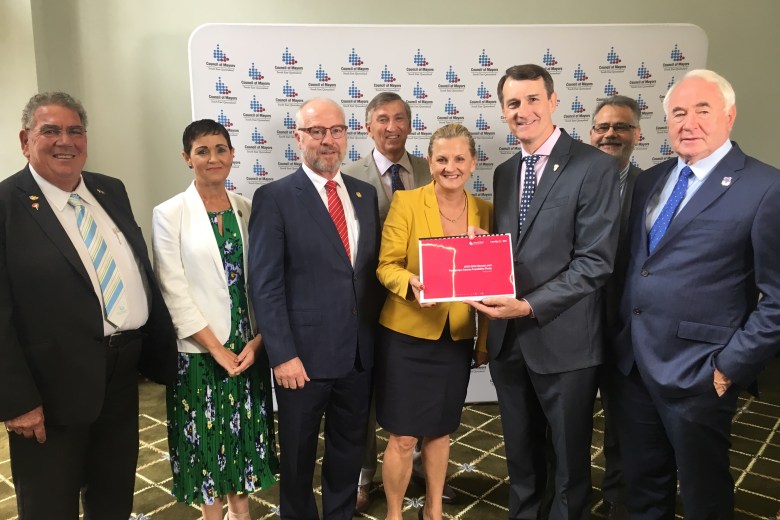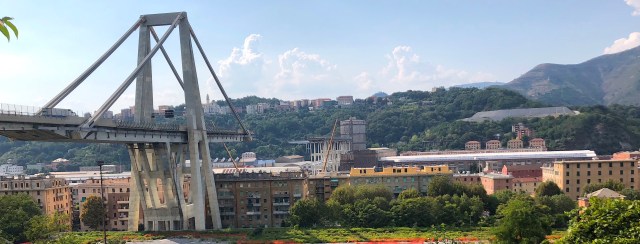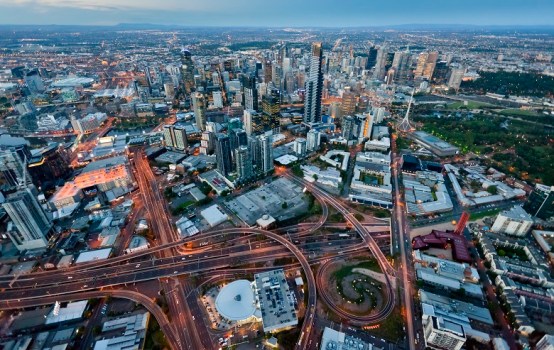
Key infrastructure projects in South East Queensland must be completed if the region is to successfully host an Olympic Games in 2032, a new report says.
A decision about putting in a bid for 2032 is yet to be made but a feasibility study commissioned by the Council of Mayors SEQ explores whether it would be possible to stage an Olympic and Paralympic Games in the region.
An indicative master plan proposes that Olympic events would be held at eight council venues across the South East Queensland including Brisbane, Sunshine Coast, Gold Coast, and regional locations like Ipswich and Toowoomba.
Brisbane would be the main hub, accounting for 53 per cent of the venues.
The analysis, released on Friday, concludes that “an Olympic and Paralympic Games in South East Queensland is feasible and is likely to generate significant opportunity for substantial economic and community benefits”.
However almost 50 transport projects are needed to accommodate anticipated population growth, regardless of a games, the mayors say. The report also notes the feasibility of hosting an Olympics would depend on a commitment to enhance public transport connectivity.
Current transport infrastructure, plus planned upgrades, only satisfy requirements of an Olympic Games at a basic level and the existing capacity for spectator and workforce transport meets a minimal level of requirements, according to the report.
It also says only 60 per cent of the venues proposed to host the events actually exist although 30 per cent have “the potential” to be constructed by 2032, the report says. The remaining 10 per cent could be temporary and no new venues would be constructed “solely” for the Games.
A site for the Olympic Stadium requires “further analysis”.
Warnings over lagging transport system
The report found that regional accommodation was “viable” to meet the required capacity of around 81,000 rooms but it notes that without the appropriate transport infrastructure, a regional solution would not be possible.
“The transport implications for this regional solution require careful consideration,” the report says.
The report also proposes the games be “zero car,” but says there first has to be an overhaul of Queensland’s public transport infrastructure.
“It is essential for the region to have effective public transport and road networks in order to mount a competitive bid,” the report says.
Several projects must be executed before a bid, the project says, including new road projects in the Brisbane area, the new Brisbane Metro, Sunshine Coast light rail an, rapid buses in Toowoomba.
“Cost effective” Games’ plan
A Games bid was first considered in 2016 by the mayors following a series of cost-cutting reforms from the International Olympic Committee, which prompted them to float a “cost-effective” plan to host the games through the reuse of the region’s existing facilities.
The state’s “strategic urban and infrastructure initiatives” can be accelerated by the Games, the report argues, with the Games acting “as a catalyst to deliver region-building infrastructure in an accelerated timeframe.”
“This study has shown that SEQ could mount a successful bid without the need to build venues just for an Olympic Games,” CoMSEQ Chair and Brisbane Lord Mayor Graham Quirk said.
“In doing so we would be able to keep costs to a mimimum while maximising the potential benefits and legacies for the region.”
The net operating cost of putting on an Olympic and Paralympic Games in 2032 is estimated at $900 million.
The study recommends a final decision about putting in a bid should be made at least two months before the Tokyo 2020 Games.
CoMSEQ has provided the report to the state government and says it expects ongoing discussions with the commonwealth about infrastructure investment.
An “efficient and reliable” transport network would “ensure our regional approach would not detract from the competitiveness of a potential bid,” the Mayors argued.
Several projects must be executed before the bid, the project says, including new road projects in the Brisbane area, the new Brisbane Metro, Sunshine Coast light rail, rapid buses in Toowoomba, and more.
“Cost effective” Games’ plan
The bid was first earmarked by the Mayors following a series of cost-cutting reforms from the International Olympic Committee, which prompted them to float a “cost-effective” plan to host the games through the reuse of the region’s existing facilities.
The state’s “strategic urban and infrastructure initiatives” can be accelerated by the Games, the report argues, with the Games acting “as a catalyst to deliver region-building infrastructure in an accelerated timeframe.”
“When compared to the 2018 Gold Coast Commonwealth Games, which had a net operating cost of $1.2 billion, a cost effective SEQ Olympic Games presented a compelling proposal for the region given the widespread benefits, international exposure and lasting legacies it could deliver,” it says.
But the feasibility of the bid depends on commitment by state and local governments to key urban development projects, the report says.
The study recommends a finals decision be made prior to the Tokyo 2020 Games.
Comment below to have your say on this story.
If you have a news story or tip-off, get in touch at editorial@governmentnews.com.au.
Sign up to the Government News newsletter

